In the wave of global financial technology changes, cryptocurrencies are affecting the traditional financial system in a deeper way, and one of the most eye-catching changes is the rise of decentralized exchanges (DEX). In the past few years, users have been paying more and more attention to trading freedom, asset security and privacy. More and more people have begun to abandon traditional centralized platforms and move the "coin purchase" to DEX. This migration is not just based on ideas, it is also a trade-off and choice between technology, regulation and efficiency.
The history and origins of the rise of DEX
The core concept of decentralized exchanges is to build a trading platform that does not require trust in third parties and is completely driven by smart contracts. While centralized exchanges (such as Binance, Coinbase, etc.) are popular all over the world, their security vulnerabilities and asset custody problems have repeatedly erupted: from the collapse of Mt.Gox to the collapse of FTX, users have repeatedly learned the heavy lesson that "if it's not your key, it's not your coin."
The emergence of Uniswap has become the real starting point of the DEX era. The constant product market-making formula (x*y=k) it introduced allows the market's supply and demand to be automatically priced in a mathematical way for the first time. Then, protocols such as Balancer and Curve quickly followed up, and a diverse DEX world gradually took shape.
DEX is not perfect. It may be slower, more expensive, and more difficult. But it is the truest face of the crypto world, a trustless protocol, and a symbol of user sovereignty.
But the real charm of DEX is not just "no intermediary", but also the trustless financial infrastructure it builds. From on-chain matching, fund pool liquidity, automatic market making, to free entry and exit without KYC, DEX is redefining the basic appearance of finance brick by brick.
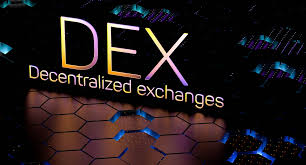
Why are more and more users choosing DEX to buy coins?
1. Anonymity and privacy protection
Centralized exchanges usually require KYC (know your customer) and AML (anti-money laundering) processes, which is a difficult threshold for many users from areas with weak financial infrastructure. According to the World Bank, there are still more than 1 billion people in the world who do not have formal identity documents. DEX does not require identity verification, as long as there is a wallet address and network connection, you can start the trading process.
2. Assets are truly in your own hands
During the DEX transaction process, users' assets are always in their own wallets. This "self-custody" mechanism greatly reduces the risk of asset loss when the exchange goes bankrupt or is attacked by hackers - this is also one of the core values emphasized by platforms such as XBIT. XBIT uses an on-chain automated clearing mechanism to ensure that each transaction is executed based on real account balances, without the risk of pseudo assets or counterparty default.
3. Anytime, anywhere, no threshold to access
With DEX, there is no need to register an account or review, and transactions can be carried out through a browser or mobile wallet. This advantage of "entering the market in seconds" greatly increases the threshold for novice users to try, and also provides an excellent channel for users who frequently participate in meme coins and early token purchases.
Why do we need DEX?
In the past decade, the entrance to crypto trading has been almost monopolized by centralized exchanges (CEX). Whether it is depositing, withdrawing, or exchanging coins, users are accustomed to entrusting their assets to exchanges for custody. However, frequent incidents such as "running away", "being hacked", and "suspending withdrawals" have made countless users gradually realize that the so-called "convenience" is actually at the cost of giving up control.
This is exactly the opportunity for the rise of DEX (decentralized exchange).
DEX is not a simple "no intermediary", but a profound value reconstruction: users keep their own assets, trading behaviors are completely on the chain, and identity verification is freely chosen. As the core concept proposed by XBIT says: "Let every transaction belong to the user himself."
Behind all this is the maturity of smart contract technology, the continuous expansion of the DeFi Lego ecosystem, and the return of user faith.
According to World Bank data, there are still more than 1 billion people in the world who do not have official identity documents. This means that even if they are willing to participate in the crypto world, they may be turned away because they cannot pass the KYC of centralized exchanges.
But DEX is an exception.
It does not require you to provide identification, does not check which country you are from, and does not care whether you have money in your bank account. You only need a wallet to enter this global transaction network. Whether you are a street vendor in Bangkok or a student in the interior of Africa, as long as the network is unobstructed, you can have equal participation rights.
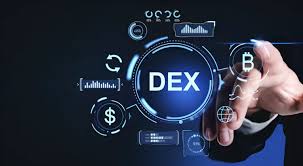
DEX is more than just a trading venue
Of course, DEX is not without barriers.
You need to keep your mnemonic phrases by yourself. If you forget or it is stolen, you will not be able to recover your assets; you need to be familiar with basic network operations, otherwise you will easily fall into phishing contracts; you have to bear the risks brought by on-chain slippage and price fluctuations.
This is why XBIT, in addition to developing the aggregated DEX function, also specially introduced "visual error prevention mechanism" and "simplified routing tutorial" to help users understand and avoid risks in transactions.
Under the general trend of centralized platforms tightening deposits and withdrawals and strengthening supervision, DEX is not only a place for trading, but also a real entrance for users to enter the crypto world.
For example. Xiao Zhang is a freelancer who wants to buy some SOL for the first time, but does not want to register, authenticate, deposit and then transfer out on a centralized exchange, so he chooses to directly exchange BNB for SOL through XBIT DEX.
He only did a few steps:
1. Connect the wallet (XBIT supports mainstream wallets such as MetaMask and Phantom).
2. Select the exchange currency and chain.
3. Confirm the transaction and complete it instantly.
The whole process takes less than two minutes, with no registration, no verification, and no "temporary maintenance" prompt.
More and more projects choose to launch on DEX (IDO), complete the circulation of governance tokens through DEX, and blockchain game players also obtain game assets through DEX. XBIT itself is the default DEX aggregation tool for multiple Web3 games and infrastructures, and is embedded in multiple scenarios including on-chain social networking and NFT auctions.
As the XBIT cross-chain protocol is gradually launched, users will be able to freely transfer assets between any chains in the future - an experience that CEX may never be able to match.
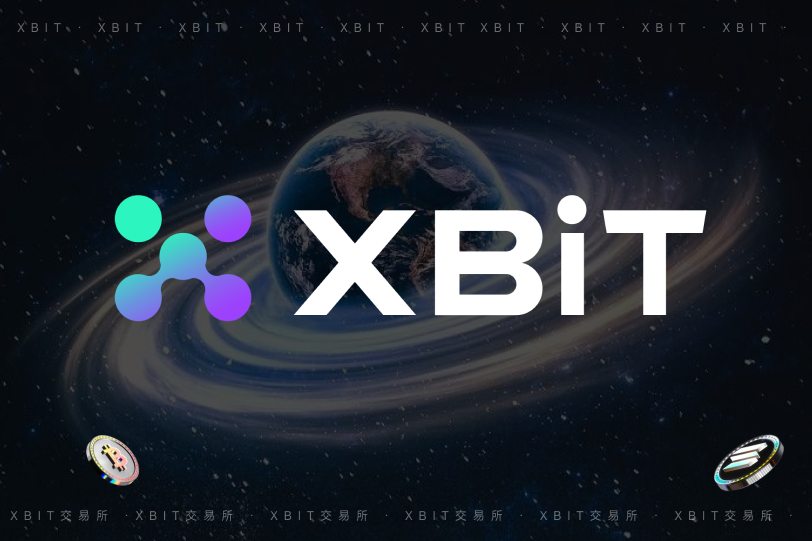
Conclusion
XBIT, Uniswap, Curve... they are the bridges and cornerstones of the decentralized world. Choosing to buy coins on DEX is not just a technical choice, but also an expression of attitude towards the future financial form.
In this attitude, XBIT is not the end, but a key to open the era of self-sovereign transactions.











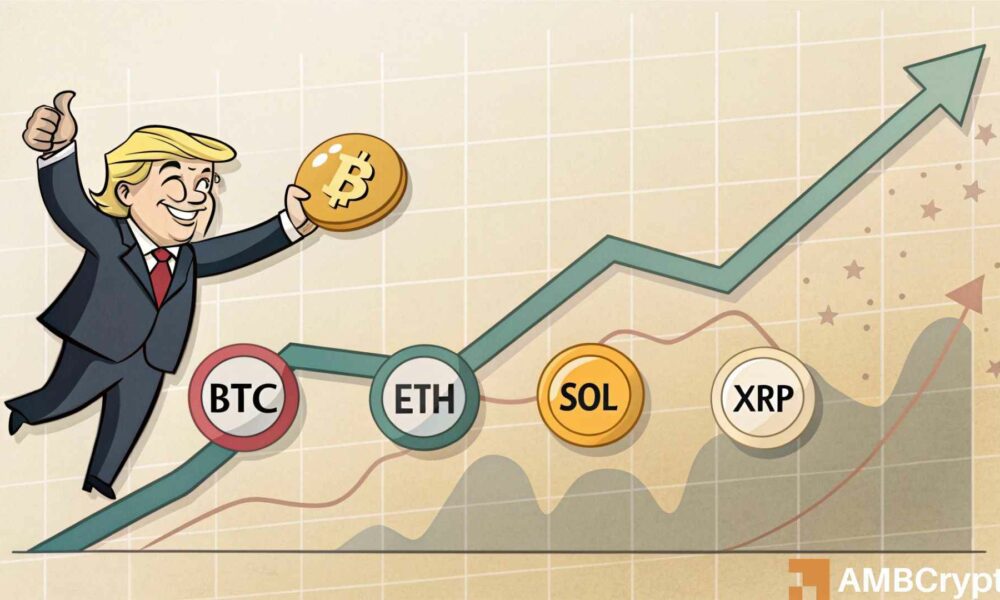
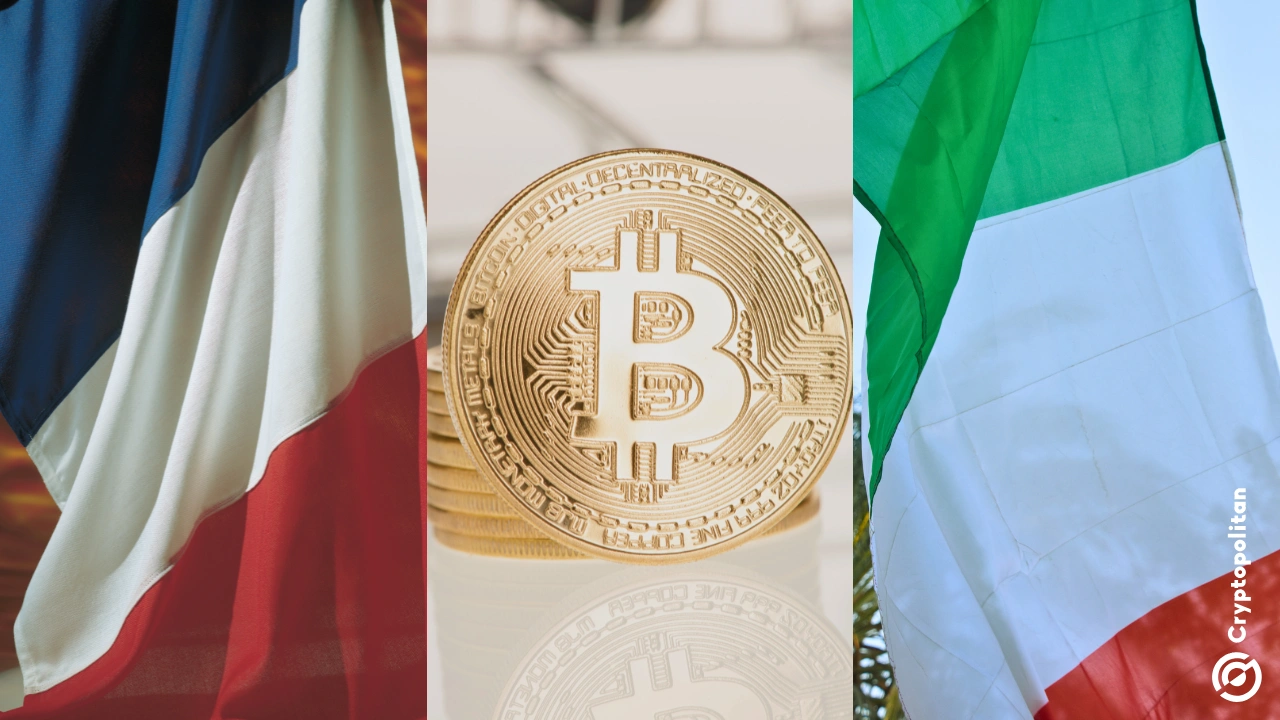

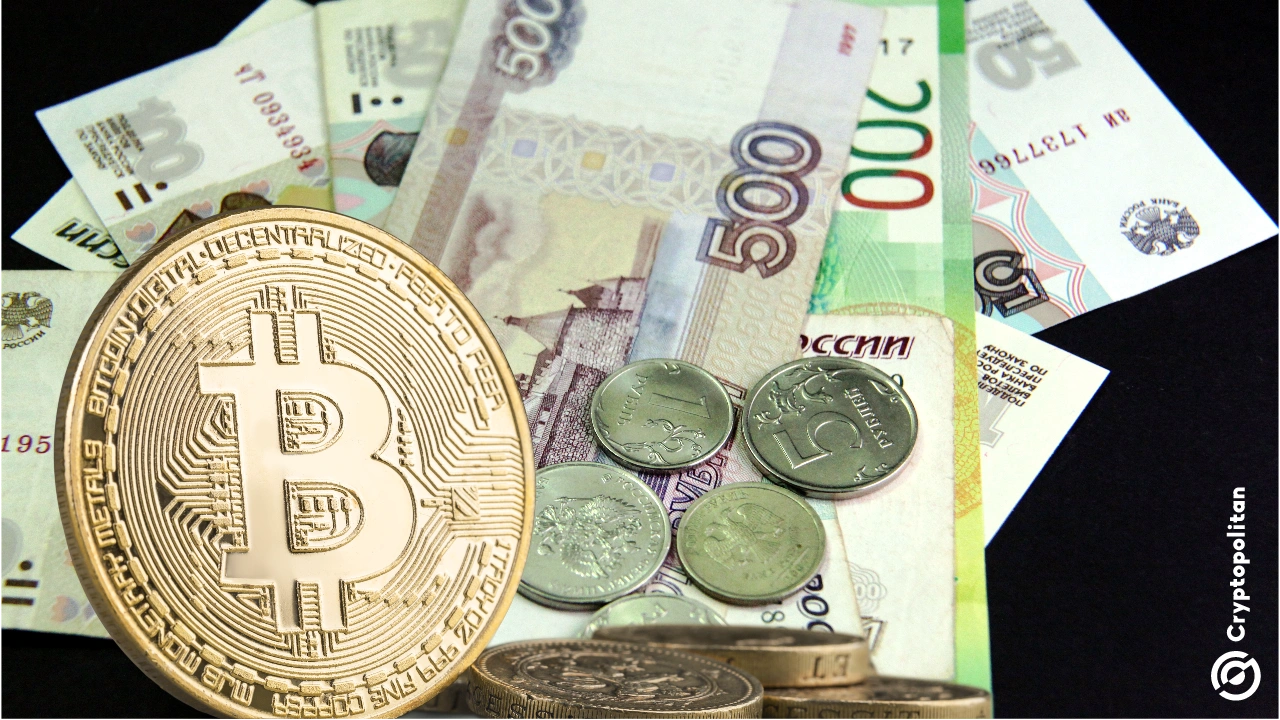

No comments yet